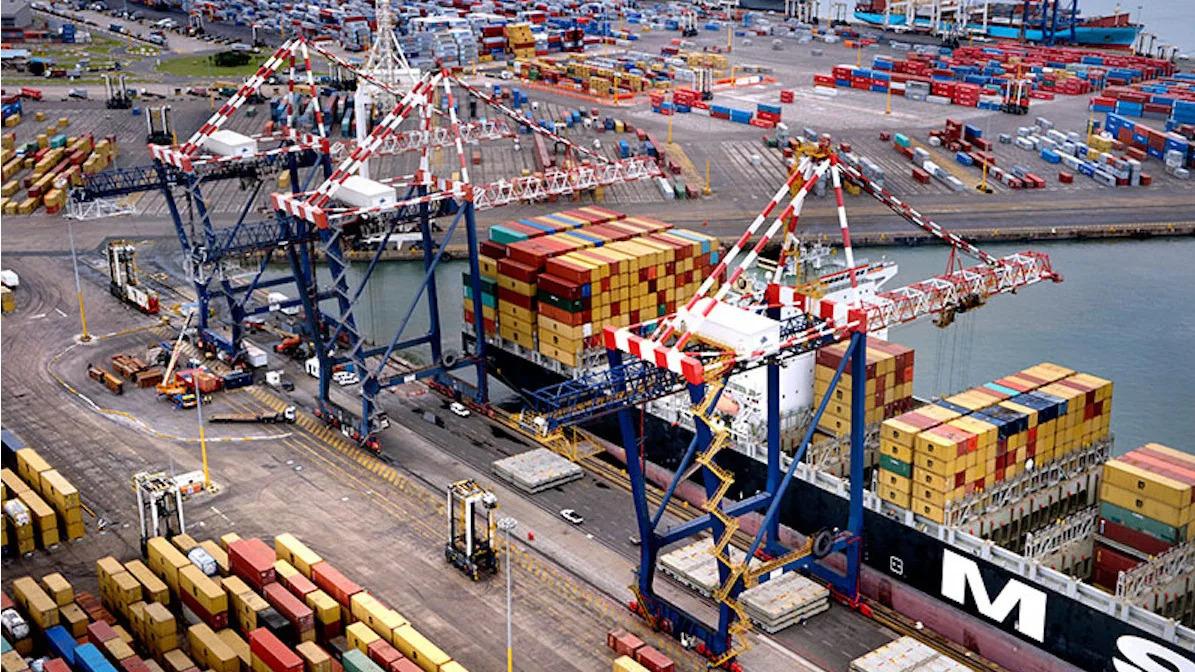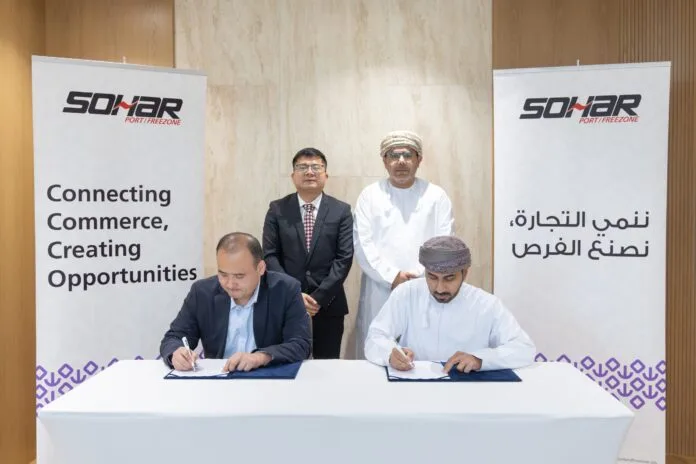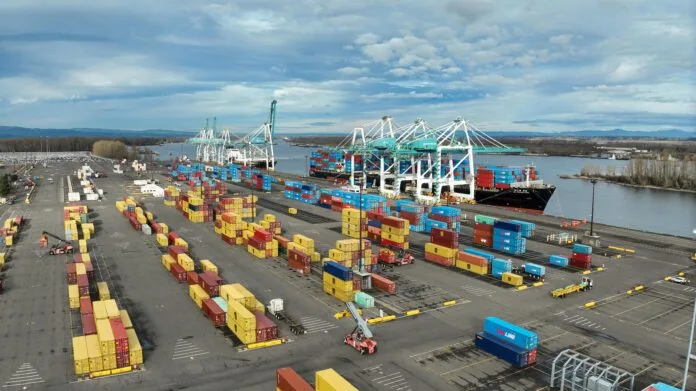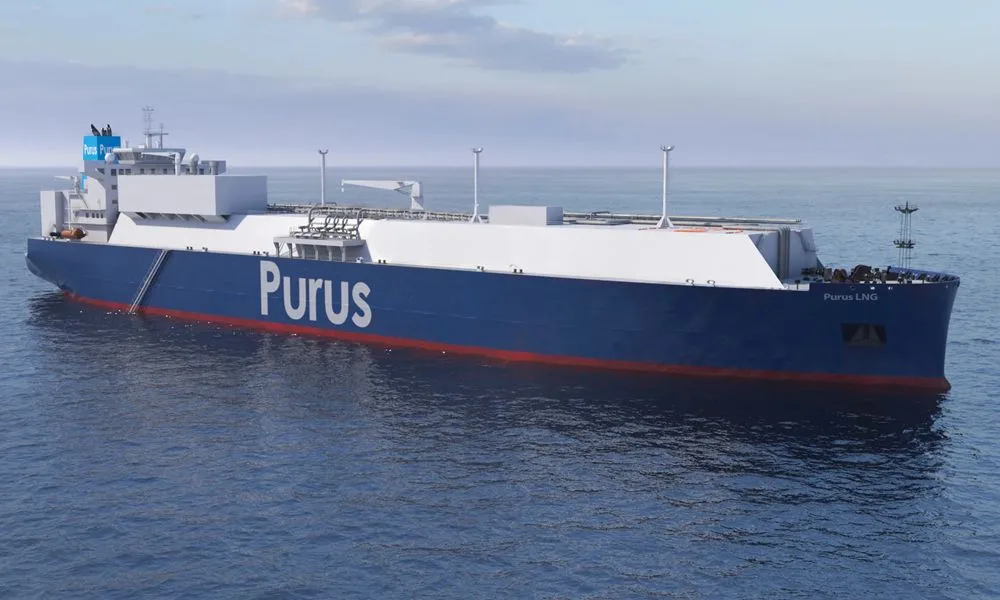From testbed to global pace-setter, the Lion Republic is showing world maritime how to harness tech properly. The latest chapter from our brand new Singapore Market Report magazine.
Singapore is steadily consolidating its role as one of the world’s most dynamic maritime technology hub, blending government-led initiatives with industry collaboration and a growing ecosystem of startups. The city-state is not only piloting advanced solutions across artificial intelligence, automation, and digital platforms but is also applying these innovations at scale—turning ideas into measurable impact across global shipping.
From incubation to implementation
The Maritime and Port Authority of Singapore (MPA) has spearheaded initiatives ranging from PIER71—a collaboration with NUS Enterprise that has supported more than 100 startups—to regulatory sandboxes, digital twin modelling, and testbeds for autonomous shipping and maritime drones. New funds, including the Maritime Innovation and Technology (MINT) Fund, continue to inject capital into research and field trials.
“Singapore has launched numerous initiatives—including workshops, incubators, and accelerators—to foster a thriving environment for startups and companies developing emerging technologies. However, more needs to be done when it comes to incentivising companies to incorporate into their operations,” says Haakon Lenz, CEO and president of Wilhelmsen Ship Management.
Where others experiment in isolation, Singapore applies at scale
Despite these challenges, the scale and scope of experimentation remain unmatched in the region.
“Singapore has always been at the forefront, exploring emerging technologies,” says Subhangshu Dutt, director at OM Maritime. “They walk the talk, provide funding and support to developing organisations, and help them deliver results on a continuous basis—even when many of these organisations don’t yet have a revenue source.”
Competitive edge in digital solutions
For shipowners and managers, Singapore’s focus on digital platforms is translating into real-world efficiencies.
“Singapore is investing heavily in digital solutions to keep its maritime sector competitive,” says Demetris Chrysostomou, CEO Asia Region at Columbia Shipmanagement. “Columbia Group uses AI-powered e-learning to adapt training to each adult learner, while our partner OneCare uses AI with biometrics and facial recognition to support health checks. The Maritime and Port Authority’s Digital Port project is another strong example, using data analytics to improve efficiency and streamline operations.”
Other executives highlight how these technologies are being applied across the industry.
“The hub is booming with subject matter experts utilising the latest tools and technology to find the most efficient solutions for the industry,” says Vinay Gupta, managing director of Union Marine Management Services. “From AI-driven port calls to autonomous cranes at Tuas and data-sharing platforms like SGTraDex, the entire ecosystem is brimming with the vision to set the pace. Where others experiment in isolation, Singapore applies at scale—turning ideas into outcomes, and outcomes into advantage.”
Fertile environment for startups
The city-state’s support ecosystem continues to attract entrepreneurs and venture capital. “It is the environment that Singapore provides—the recognition of the necessity for new ideas, coupled with the capital and resources to put those ideas into practice—that makes it the happening place for startups,” Gupta argues. “Through accelerators, innovation programmes, and dedicated testbeds, ideas don’t remain on paper. They are piloted, refined, and scaled into commercial reality.”
Examples range from drone-based deliveries to autonomous underwater inspections and AI platforms predicting cargo flows. “These aren’t futuristic visions,” Gupta stresses. “They work in practice and bring immediate value to the industry.”
Lorenzo Agatiello, director for Asia Pacific at recruitment specialist Faststream, points to the PIER71 programme as a defining case study: “It has already supported over 100 startups, helping them pilot solutions with industry and raise significant venture funding. Tangible successes in green technology, digital platforms, and autonomous systems show Singapore’s strength as a launchpad for maritime innovation.”
Ideas don’t remain on paper. They are piloted, refined, and scaled into commercial reality
Agatiello is particularly excited by startups focused on carbon tracking and reporting, as well as those supporting crew wellbeing and AI-driven optimisation. “These combine commercial impact with real benefits for people,” he says.
National-level leadership
Singapore’s regulators are ensuring technology adoption is not piecemeal. Initiatives include the Maritime Digital Twin unveiled in March 2025, which integrates real-time data from vessels, ports, and environmental sensors. The MariOT cybersecurity testbed—launched by MPA—is the world’s first industrial-grade cyber-physical platform dedicated to maritime operational technology.
“Singapore leverages AI, automation, and data analytics to optimise port operations and maintain its competitive edge,” says Niraj Nanda, chief commercial officer at Anglo-Eastern. “The MPA has set up enablers such as regulatory sandboxes, the maritime drone estate, testbeds for autonomous ships, Living Labs, and innovation funds to support R&D and field trials.”
Drago Pinteric, vice president for Southeast Asia at Bureau Veritas, points out the regulatory and safety aspects of digital transformation. “Singapore is strengthening its maritime operations through AI, automation, and data analytics, positioning itself as a smart port,” he says. “Programs like the Sea Transport Industry Digital Plan help SMEs adopt these technologies to remain competitive globally.”
BV’s own digital classification platform combines drones, AI, and 3D digital twins to optimise surveys and detect corrosion, while new collaborations are targeting hydrogen storage and methanol bunkering pilots. “Singapore’s maritime sector is rapidly innovating across AI, autonomous systems, cybersecurity, and green fuels,” Pinteric says. “These projects showcase how pioneering technologies can be made safe, compliant, and ready for widespread adoption.”
The human factor
Technology alone is not enough. The demand for specialised talent is reshaping Singapore’s maritime workforce.
“Singapore is leading the way with projects like PSA’s smart port operations and MPA’s digital twin initiatives,” says Agatiello of Faststream. “We see this reflected in recruitment demand, with companies seeking talent that can bridge technology with maritime know-how.”
Agatiello also highlights immigration as a crucial lever. “Policies like the ONE Pass are very welcome. To stay competitive, greater flexibility in Employment Pass criteria would help, especially where specialist skills are essential but talent may not always meet the highest thresholds. Achieving the right balance of international and local professionals will be key.”
A global benchmark
Peter Schellenberger, founder of consultancy Novamaxis, stresses that Singapore’s pace of digitalisation is unmatched outside China. “In tech power, it is only rivalled by China who also go full force,” he says. Schellenberger also points to vibrant funding activity, noting the emergence of a new venture capital fund in Singapore focused on maritime and logistics, raising $150m for global startups in an AI-powered funnel evaluation.
For Wilhelmsen’s Lenz, the challenge now is ensuring the ecosystem translates innovation into long-term growth. “Singapore has put in place the right structures, but more needs to be done to incentivise companies to integrate these technologies into their daily operations,” he says.
The road ahead
Singapore’s maritime digital journey is clearly a story of momentum: a well-coordinated public-private partnership, deep investments in infrastructure, and a growing pipeline of entrepreneurs and technologists solving real-world shipping problems.
As Columbia’s Chrysostomou concludes, “New platforms can build on these efforts, adding even more capability to Singapore’s maritime technology ecosystem.”
To access the whole of Splash’s Singapore Market Report 2025 for free online, click here.


















